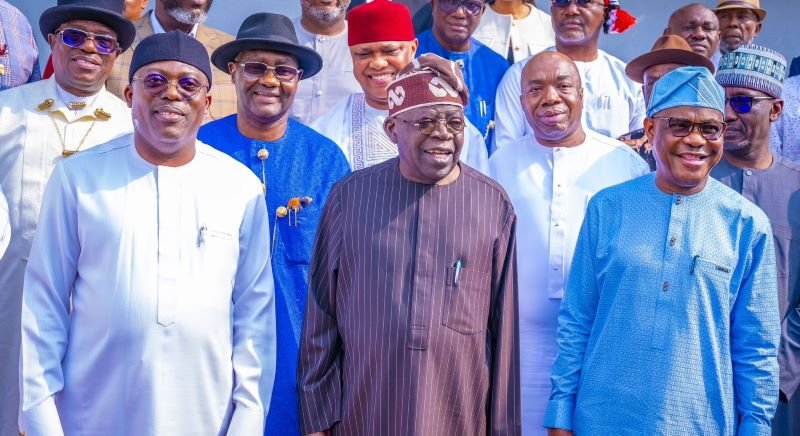THE Presidency has strongly defended President Bola Ahmed Tinubu’s decision to invoke emergency powers in Rivers State, insisting that the intervention was constitutional, necessary, and ultimately restored peace and democratic order in the oil-rich state.
Reacting to criticisms from the African Democratic Congress (ADC), Presidential Adviser on Media and Public Communication, Chief Sunday Dare, dismissed the party’s allegations of autocracy, manipulation, and federal overreach as “laughable” and “a textbook case of nuisance politics.”
In a statement posted on his verified X handle, @SundayDareSD sighted by News Point Nigeria, Dare explained that President Tinubu acted under Section 305 of the 1999 Constitution (as amended), which empowers the President to declare a state of emergency when law and order face grave threats.
“The Constitution of the Federal Republic of Nigeria is clear: under Section 305, the President has the power and the duty to act when law and order are under grave threat.
“What the President delivered is stability, the return of democratic institutions, and peace in Rivers State. Nigerians can see the difference: President Tinubu acted right. That is what posterity will remember him for,” Dare said.
According to him, Tinubu’s decisive action averted what could have become a full-blown security and governance collapse in Rivers.
Dare also rejected claims that the intervention undermined state autonomy, stressing that President Tinubu has been a long-time advocate of federalism and state rights, citing his record as Lagos State Governor.
“To accuse the President of undermining federalism is laughable. As a former Governor, no Nigerian alive presently has fought harder for state autonomy than Asiwaju Bola Tinubu. What ADC offers Nigerians is late pontification and empty noise. What the President delivered is stability, peace, and order,” he said.
The adviser clarified that elected officials in Rivers were not replaced with presidential appointees, but rather shielded from chaos until conditions were conducive for their reinstatement and the resumption of normal governance.
The Presidency maintained that the Rivers intervention was not politically motivated but driven by the imperative to safeguard lives, restore peace, and protect the integrity of democratic institutions.
“This was neither whimsical nor partisan. It was a constitutional necessity to protect the state and, by extension, the federation. The President did not act to favour any party or group but to prevent anarchy and ensure that governance did not grind to a halt,” Dare said.
While the Presidency insists that the intervention restored normalcy, political watchers note that debate around the exercise of emergency powers may continue to dominate national discourse, particularly among opposition parties who view it as a precedent-setting moment.
Nonetheless, the Presidency has made clear that President Tinubu stands by his decision and welcomes scrutiny, confident that history will judge the move as a bold step that saved Rivers State from crisis.







